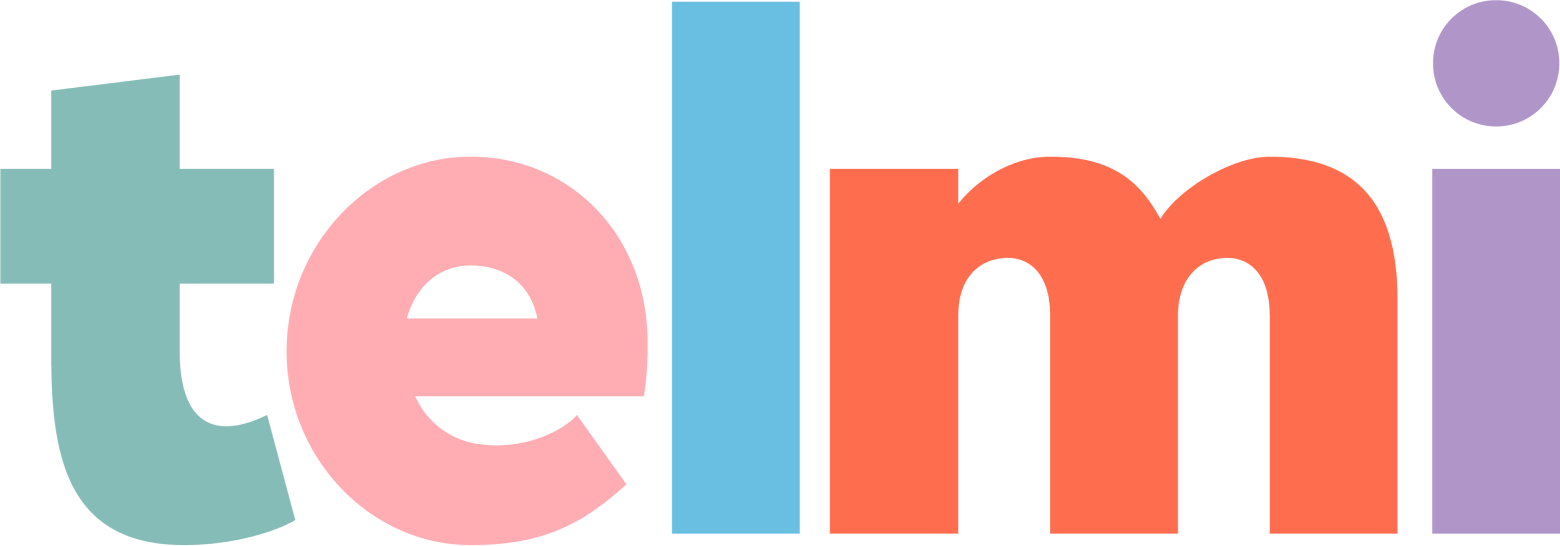
How Oracy Transforms Learning Engagement and Child Development
Unlock confident communication, critical thinking, and inclusion through everyday speaking and listening
🧠 Oracy Is the Skill We Forgot to Teach
Children spend up to 70% of their school day listening or speaking, but how often do we teach them how to do it well?
As a founder, mother of two, and someone who listens closely to educators, I’ve come to believe oracy is one of the most powerful, and overlooked, drivers of student engagement and development.
We tend to focus on reading and writing as core skills. But when we treat speaking and listening as secondary, we miss an opportunity to build connection, confidence, and cognition in every child.
This post is a reflection of conversations with teachers, parents, research we’ve made, and an invitation to reimagine what learning can sound like.
🔍 What the Research Says About Oracy
Studies show that developing strong oral communication skills helps children across a wide range of areas:
- Cognitive development: Speaking aloud supports reasoning, memory, and problem-solving (EEF, 2021)
- Literacy outcomes: Children with strong oral vocabulary go on to write better and read more fluently (Voice 21)
- Social and emotional wellbeing: Confident communication reduces anxiety and builds empathy (Oracy Cambridge)
Despite this, oracy remains under-taught in many settings. That’s where small, practical changes can make a big difference.
🎯 Five Ways Oracy Boosts Engagement and Development
1. It Builds Confidence, Especially for Reluctant Writers
Some children have brilliant ideas but struggle to get them on paper. Letting them speak first, in conversation, role-play, or a short recording, can unlock that thinking.
In practice: Teachers have told us that with Telmi, children who never raised their hands are suddenly recording interviews or telling stories, and loving it.
At home: Ask your child to “talk through” a story before writing. It lightens the cognitive load and builds fluency.
2. It Turns Classrooms Into Communities
When students discuss, debate, and reflect together, they practice essential collaboration skills: listening, turn-taking, and building on others’ ideas.
Oracy is more than participation. It’s how we co-construct meaning.
With Telmi: Children can co-host a podcast, respond to peer prompts, or record reflections. It builds social trust and shared learning.
3. It Supports Deeper Thinking
Speaking helps children structure their ideas. It’s often the rehearsal space for writing or problem-solving.
Why it matters:
- Encourages metacognition (thinking about thinking)
- Builds reasoning skills
- Makes thinking visible, for students, for teachers and parents
With Telmi: Students plan and record their ideas, then reflect on how to improve their delivery. This helps build metacognitive skills in a creative, low-pressure way.
💡 Insight: What looks like “chat” is often structured cognition. The student explaining their idea aloud isn’t off-task, they’re rehearsing their reasoning.
4. It Grows Vocabulary and Language Mastery
When children talk often, especially with a purpose, they pick up new vocabulary naturally. Oracy-rich classrooms are full of curiosity and expressive language.
At school: Embedding structured talk routines helps all learners, including those with English as an Additional Language.
At home: Instead of “How was your day?”, try “Was your day 👍or 👎and Why?” It invites dialogue.
5. It Opens Doors for Every Learner
Not every child shines in silent, written environments. Oracy gives learners different ways to show what they know, especially those who are neurodivergent or have speech and language needs.
By including more voice-first opportunities, we make learning more inclusive, equitable, and human.
🎧 How Telmi Supports Teachers and Parents Practically and Powerfully
Telmi gives children a simple but empowering process to organise their thoughts and share them through audio. Whether at home or in the classroom, it creates space for reflection, creativity, and voice, without pressure.
For teachers, Telmi:
- ✅ Frees up time with a structured, student-led activity
- ✅ Encourages independence: children select their own topic and follow intuitive prompts
- ✅ Supports literacy and oracy goals without requiring extended writing
- ✅ Enables differentiated learning: students can jot down keywords, plan aloud, or record freestyle
- ✅ Provides a platform for quiet or reluctant students to be heard
“When a child records something to be heard, they instinctively structure their thinking, clarify their message, and speak with purpose.”
For parents, Telmi:
- 🧠 Turns screen time into creative, purposeful learning
- 💬 Helps children express themselves without pressure to spell or handwrite “correctly”
- 🎧 Builds confidence through self-reflection and listening back
- 🔁 Strengthens learning continuity between school and home
- ❤️ Sparks meaningful conversations: “Want to hear what I recorded today?”
For children?
It’s theirs. They choose the topic. They decide how to prepare. They own the message.
That sense of audience, of being heard, makes them want to do their best.
💡 Practical Next Steps
If you’re a teacher:
- Try replacing one written reflection this week with a spoken one
- Use Telmi or voice notes for oral story planning
- Add “turn and talk” as a scaffold for challenging concepts
If you’re a parent:
- Invite your child to record a story or explanation of something they love
- Use dialogue prompts that encourage elaboration: “Why do you think that?” or “Tell me more…”
💌 Want to Contribute or Learn More?
We’re collecting real-world stories for an upcoming ebook and blog series on oracy and learning engagement.
Would you like to share your experience or receive the ebook when it’s ready? 👉 Click here to join or receive the ebook
Want to see a demo and maybe try Telmi in your school? 👉 Email vero@telmi.io
📚 Sources and Further Reading
- Voice 21: What Is Oracy?
- EEF: Oral Language Interventions
- Oracy Cambridge
- Learning through Talk
- Telmi
If you’re interested in finding out more about Telmi, you can visit https://telmi.io or reach out to founder Veronique Trang on Linkedin.
